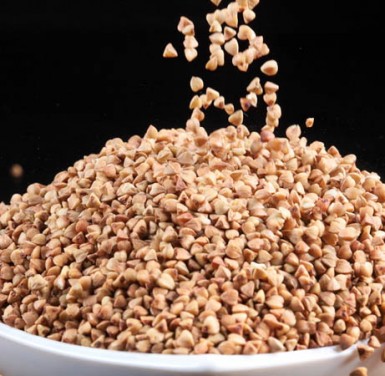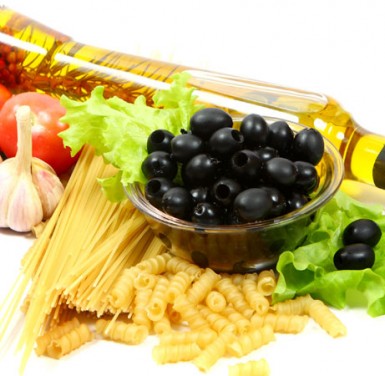Cooking Tips
-
Cooking Grains
All grains, with the exception of rice, and the various grain meals, require prolonged cooking with gentle and continuous heat, in order to so disintegrate their tissues and change their starch into dextrine as to render them easy of digestion. Even the so-called “steam-cooked” grains, advertised to be ready for use in five or ten minutes, require a much longer cooking to properly fit them for digestion. These so-called quickly prepared grains are simply steamed before grinding, which has the effect to destroy any low organisms contained in the grain. They are then crushed and shredded. Bicarbonate of soda and lime is added to help dissolve the albuminoids, and sometimes diastase to aid the conversion of the starch into sugar; but there is nothing in this preparatory process… Read more -
Cooking With Eggs
We use eggs in so many recipes. They are a staple in the kitchen. An egg can be cooked alone – boiled, poached, fried, scrambled. It used as an ingredient in baking, batters and cakes. Alternatively use an egg to thicken sauces or to add air to lighten dishes. The egg is truly amazing. And without it – well our menus sure would be dull. But do you know much about the egg? Chances are that you have never even given it a thought. Well it is time you did. The most critical aspect of the egg is – it’s air content. (bet you thought I was going to say the shell). When first laid, the egg has barely any air inside a tiny air pocket. However, because the shell is porous, it allows air to penetrate. And as time passes, air moves inside the egg and the air pocket grows. As this air pocket… Read more -
Cooking with Oils
Everyone knows the foods to eat that improve health, although how we cook the food can be just as important. With there being so many oils and butter products claiming to be the best, it can be quite difficult to know which ones to use and which ones to avoid. 1. Canola oil is a popular oil, with many physicians claiming that it has the ability to lower the risk of heart disease. The oil is low in saturated fat,high in monounsaturated fat, and offers the best fatty acid composition when compared to other oils. You can use canola oil in sauteing, as a marinade and even in low temperature stir frying. It has a bland flavor, which makes it a great oil for foods that contain many spices. Unlike other oils, this one won’t interfere with the taste of your meal. 2. Olive oil offers a very… Read more























